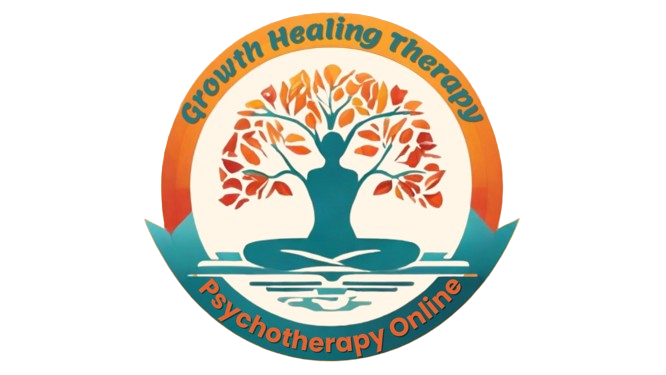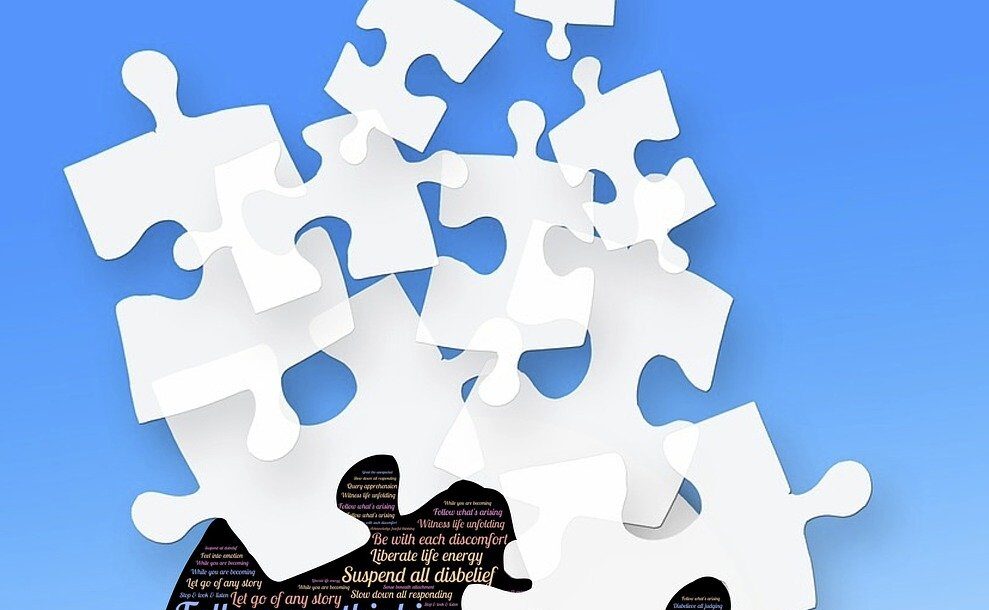Microaggressions can create uncomfortable and hurtful situations, and knowing how to respond can be challenging—whether you’re the one experiencing it, witnessing it, or even realizing you’ve unintentionally committed it. Each role comes with its own set of challenges and responsibilities, but with the right approach, we can all help to address and reduce microaggressions in our interactions.
In this blog, we’ll explore practical ways to respond to microaggressions, offering guidance for targets, bystanders, and even perpetrators.
For the Target: How to Address Microaggressions When They Happen
If you’ve been the target of a microaggression, it can feel frustrating, confusing, and even disempowering. Here are some strategies to consider when responding:
- Pause and Reflect: Before responding, take a moment to assess the situation. Is this the right time and place to address the microaggression? What are your personal boundaries, and do you feel safe engaging in this conversation?
- Name the Microaggression: If you feel comfortable, calmly point out the microaggression. For example, you could say, “When you said that, it made me feel uncomfortable because it reinforces a stereotype about my culture.” This approach allows you to express your feelings while also educating the other person.
- Ask for Clarification: Sometimes, simply asking the person to clarify their statement can be enough to make them reflect on their words. For instance, “What do you mean by that?” can prompt them to rethink the assumption behind their comment.
- Seek Support: If addressing the microaggression directly feels too difficult, consider discussing it with a friend, colleague, or therapist who can offer support and help you process the experience.
Remember, it’s not your responsibility to educate others, but if you choose to engage, these strategies can help you do so in a way that feels empowering.
For the Bystander: How to Be an Ally When You Witness Microaggressions
Bystanders have a unique opportunity to step in and support the target of a microaggression. However, intervening can sometimes feel uncomfortable or intimidating. Here are a few ways you can respond:
- Speak Up: If you feel safe, consider calling out the microaggression in the moment. A simple, “That comment didn’t sit right with me” or “I think that might come across as offensive” can open up a dialogue and show the target that they’re not alone.
- Offer Support: After the incident, check in with the person who was targeted. You could say, “I noticed that comment, and I want to make sure you’re okay.” Offering validation and support can help counteract the emotional toll of the microaggression.
- Model Inclusive Behaviour: One of the best ways to combat microaggressions is to model inclusive and respectful behaviour yourself. Use appropriate language, avoid assumptions, and engage in conversations about inclusion and respect.
Being an active bystander takes courage, but it’s an important part of creating environments where microaggressions are less likely to occur.
For the Perpetrator: How to Own Up to a Microaggression and Make Amends
Even with the best intentions, we all have the potential to commit microaggressions. What matters most is how we respond when we realize we’ve made a mistake. Here’s how to handle it:
- Listen Without Defensiveness: If someone points out that you’ve committed a microaggression, resist the urge to get defensive or dismissive. Instead, listen to their perspective and try to understand the impact of your words or actions.
- Acknowledge the Harm: Apologizing sincerely can go a long way in making amends. Acknowledge the harm you’ve caused, and express your commitment to learning from the experience. For example, you could say, “I’m sorry for what I said—it was thoughtless, and I realize now that it was hurtful.”
- Reflect and Educate Yourself: Take time to reflect on why your comment or action was harmful, and educate yourself about the experiences of marginalized groups. This process of self-reflection and learning can help prevent future microaggressions.
- Commit to Change: The ultimate goal is to grow from the experience and change your behaviour moving forward. Making a conscious effort to be more mindful in your interactions can help foster a more inclusive environment for everyone.
Owning up to a microaggression might feel uncomfortable, but it’s an essential part of being a responsible and empathetic member of your community.
Conclusion: Small Steps, Big Impact
Addressing microaggressions is a collective effort. Whether you’re the target, a bystander, or someone who has committed a microaggression, you have the power to contribute to positive change. By responding with empathy, humility, and a commitment to growth, we can all help create more respectful and inclusive environments.
Remember, it’s okay to make mistakes—as long as we’re willing to learn from them and do better in the future.
Responding to microaggressions can be difficult, but Growth Healing Therapy gives you the tools to manage these situations with confidence and clarity. I help you build emotional resilience, so you can handle subtle discrimination without letting it affect your inner peace. Want to learn more? Visit my Services Page or book a session with me today!





Leave a Reply